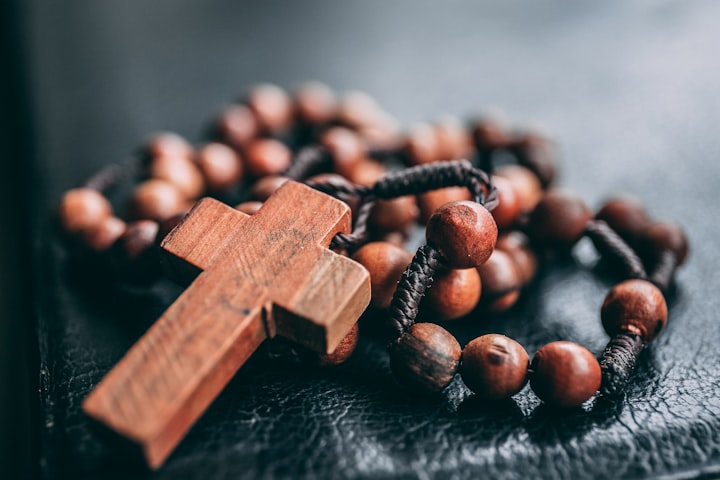But what is limbo for Catholic doctrine?
Understand the meaning of the doctrine of limbo

Limbo is a theological concept that was discussed and debated in Catholic doctrine for many years, but is now no longer considered an official belief of the Catholic Church. Limbo was considered an intermediate state after death for the souls of those who died without having committed mortal sins, but who were not baptized either.
It was previously believed that these souls could not enter heaven directly, as they still carried original sin, but also did not deserve the eternal suffering of hell. Thus, limbo was seen as a place of natural happiness, where souls experienced peace and absence of pain, although they did not have the beatific vision of God, which is the ultimate goal of salvation.
It is important to note that the issue of limbo may still be the subject of theological reflection and discussion among Catholic scholars. Although it is not an official doctrine of the Church, some people may still have different opinions on the matter.
However, it is crucial to understand that the official position of the Catholic Church is that salvation is not limited to visible sacramental means, such as baptism. God's mercy is infinite and His will is to save everyone.
Thus, the Catholic Church encourages trust in divine goodness and prayer for the souls of the departed, trusting that God in His wisdom will provide the best for each soul according to His justice and love. It is important to consult official Catholic Church sources and seek guidance from priests and theologians to gain a deeper understanding of the Church's current teaching on this theological issue.
What is the teaching of the doctrine about Limbo?
The official teaching of Catholic doctrine about Limbo has gone through an evolution over time. Previously, Limbo was considered an intermediate state for souls who died without having committed mortal sins, but were also unbaptized. It was believed that these souls could not enter Heaven directly due to original sin, but also did not deserve the eternal suffering of Hell.
However, it is important to note that Limbo was never defined as dogma by the Catholic Church. It was a widely debated and discussed theological theory, but never an officially confirmed belief. In 2007, the Vatican's International Theological Commission published a document entitled "The Hope of Salvation for Children Who Die Without Baptism," which suggested a change in the understanding of Limbo. The document stated that there is hope that these children can be saved by God's mercy, without the need for an intermediate place like Limbo.
Therefore, currently, Limbo is not considered an official belief of Catholic doctrine. The emphasis is on divine mercy and the trust that God desires the salvation of all people, including those who have not had the opportunity to receive baptism. The Catholic Church believes that salvation depends on God's grace and is not restricted to the sacramental means established by the Church.
Do priests teach about this doctrine?
Today, as the teaching of Catholic doctrine on Limbo evolves, it is less common for priests to teach specifically about this theological theory. As mentioned earlier, Limbo is not considered an official belief of the Catholic Church. However, priests are responsible for teaching and transmitting the official teachings of the Church to the faithful. They have the the theological knowledge and training necessary to explain the fundamental principles of the Catholic faith, such as salvation by God's grace, divine mercy, and the importance of the sacraments, including baptism.
If anyone has questions about Limbo or any other aspect of Catholic doctrine, it is recommended to seek the guidance of a priest. Priests can offer clarification and pastoral guidance based on the official teachings of the Church, helping the faithful to better understand and live according to the Catholic faith. It is important to remember that the teaching of the Catholic Church is subject to evolution and deepening over time, and priests play an important role in transmitting these up-to-date teachings to the faithful.
About the Creator
Ricardo de Moura Pereira
I love to read writing and watch many documentaries in history, to have more knowledge in all science.
I work with digital marketing, and create articles for newspapers and marketing content.






Comments (1)
Interesting! well written! I would be very happy if you go read one of my poems